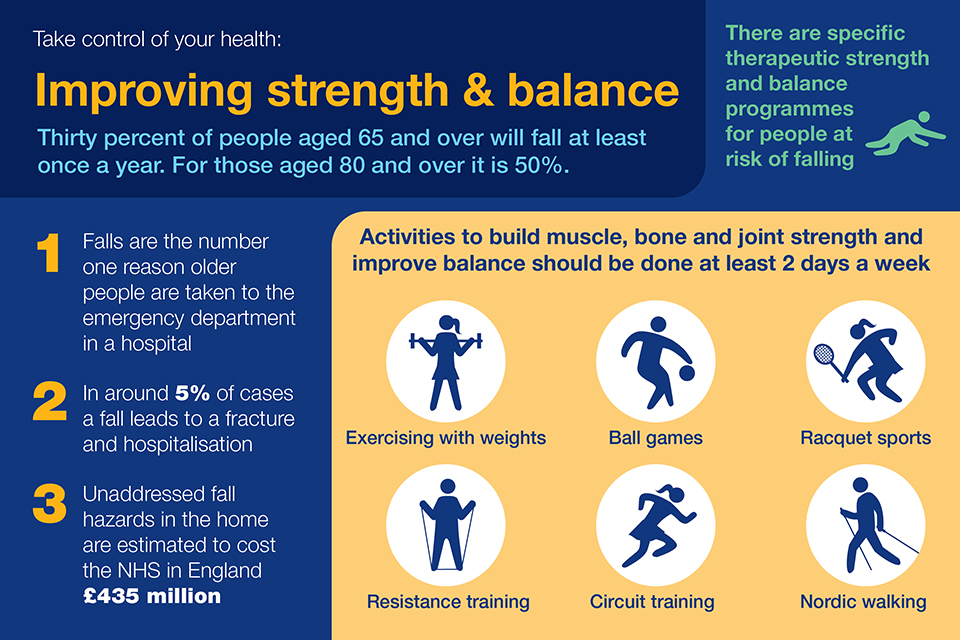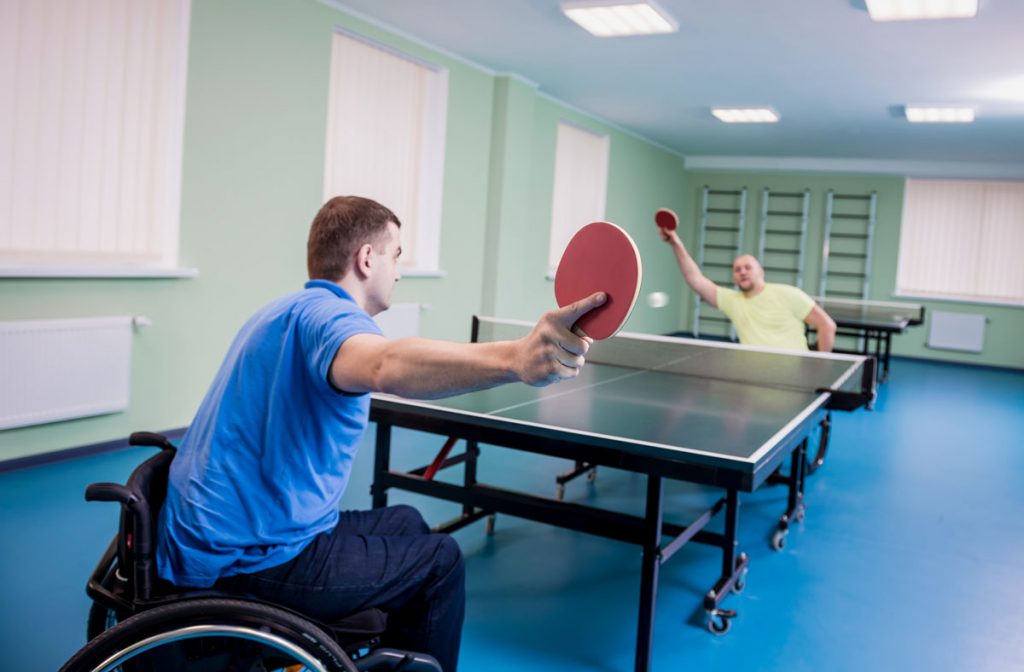An Unbiased View of Dementia Fall Risk
An Unbiased View of Dementia Fall Risk
Blog Article
Dementia Fall Risk Things To Know Before You Get This
Table of ContentsAbout Dementia Fall RiskGetting My Dementia Fall Risk To WorkThe Buzz on Dementia Fall RiskAll About Dementia Fall RiskWhat Does Dementia Fall Risk Mean?
Based on indications and signs and symptoms, such as proof of head injury or a new focal neurologic deficit, calculated tomography or MRI of the mind might be shown. An analysis for sources of syncope need to be conducted only if there is strong uncertainty, as when it comes to persistent, inexplicable drops
Health care carriers make use of an autumn danger evaluation to recognize your threat aspects for falling and make valuable referrals. An autumn threat analysis is important because recognizing which elements increase your opportunities of dropping aids you: Decrease your risk of falling or harming yourself.
All adults 65 years and older ought to have an initial autumn risk testing. Have fallen in the previous year. Worry about falling.
Getting My Dementia Fall Risk To Work

Discover this detailed nursing treatment plan and monitoring overview to effectively prevent danger for drops among people. Obtain essential knowledge regarding the nursing analysis, taking care of diagnosis, and objectives specifically customized to patients who go to risk for falls. A is specified as an occasion that causes a person coming to relax unintentionally on the ground or flooring or other lower degree (WHO, 2021).
According to the Centers for Illness Control and Prevention (CDC),, causing over 34,000 deaths for that age. Falling is the 2nd leading cause of fatality from unintended injuries internationally. Fatality from drops is a major and native to the island issue amongst older individuals. It is approximated that autumn death rates in the U.S

Each year, over 800,000 individuals are hospitalized since of falls. Nurses play a major function in preventing succumbs to their individuals via education and learning, assessing autumn danger, developing much safer atmospheres, and supplying treatments in protecting against injuries from falls. Numerous danger factors and problems add to drops, consisting of the following:. Aged 65 years and older; lower limb prosthesis; use of assistive tools such as walker, crane, and wheelchair; living alone.
Autumns are due to several elements, and a holistic technique to the private and setting is important. Intend a person is taken into consideration at high risk for falls after the testing.
Some Ideas on Dementia Fall Risk You Should Know
A requires utilizing a verified tool that researchers have actually taken a look at to be valuable in naming the reasons for drops in a person. As a person's health and conditions adjustment, reassessment is called for. The level of loss threat can be figured out using the assessment of innate and internet external factors. Standard assessment tools can additionally be utilized (talked about listed below).
People are most likely to fall once more if they have maintained one or more falls in the previous six months. The older populace is at increased risk of fall-related readmissions based on a research study identifying the factors predictive of repeat drops linked end results (Prabhakaran et al., 2020). Persons with impaired recognition and disorientation may not comprehend where they are or what to do to help themselves.
Additionally, complication and impaired judgment boost the individual's possibility of falling. The capacity of people to safeguard themselves from drops is influenced by such aspects as age and growth. Older individuals with weak muscle mass are most likely to fall than those who preserve muscle mass toughness, adaptability, and endurance. These changes include reduced aesthetic function, impaired color perception, adjustment in center of mass, unstable gait, reduced muscle stamina, decreased additional reading endurance, altered deepness assumption, and postponed response and response times.
Rumored Buzz on Dementia Fall Risk
Less contrast sensitivity was quite connected with both enhanced rates of falls and various other injuries, while reduced visual skill was just connected with increased fall rate (Wood et al., 2011). Sensory perception of environmental stimuli is paramount to safety and security. Vision and listening to go to my site impairment restriction the client's capacity to regard hazards in the surroundings.
Older grownups that have inadequate balance or trouble walking are more likely to fall., or other clinical conditions and treatments., and use of psychotropic medicines (Stanmore et al., 2013).
Report this page